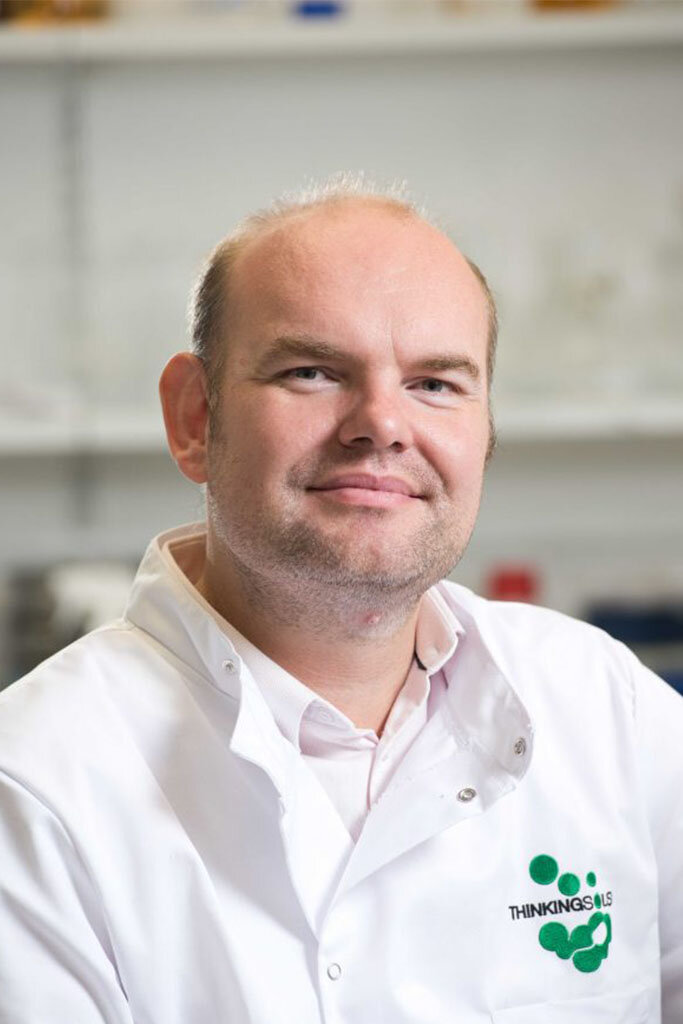Hub for Biotechnology in the Built Environment
Newcastle University and Northumbria University
PROJECTS | 2020
Culina
Adrienne Dy, Dawoon Jeong, Emma Riley, Pippa Mcleod-Brown
The project imagines combining traditional agricultural and cooking techniques with synthetic biology to create a new type of kitchen within the built environment.
http://bbe.ac.uk/index.php/culina/
Finalist Team + Top 6 Team + Outstanding Presentation Prize Winner

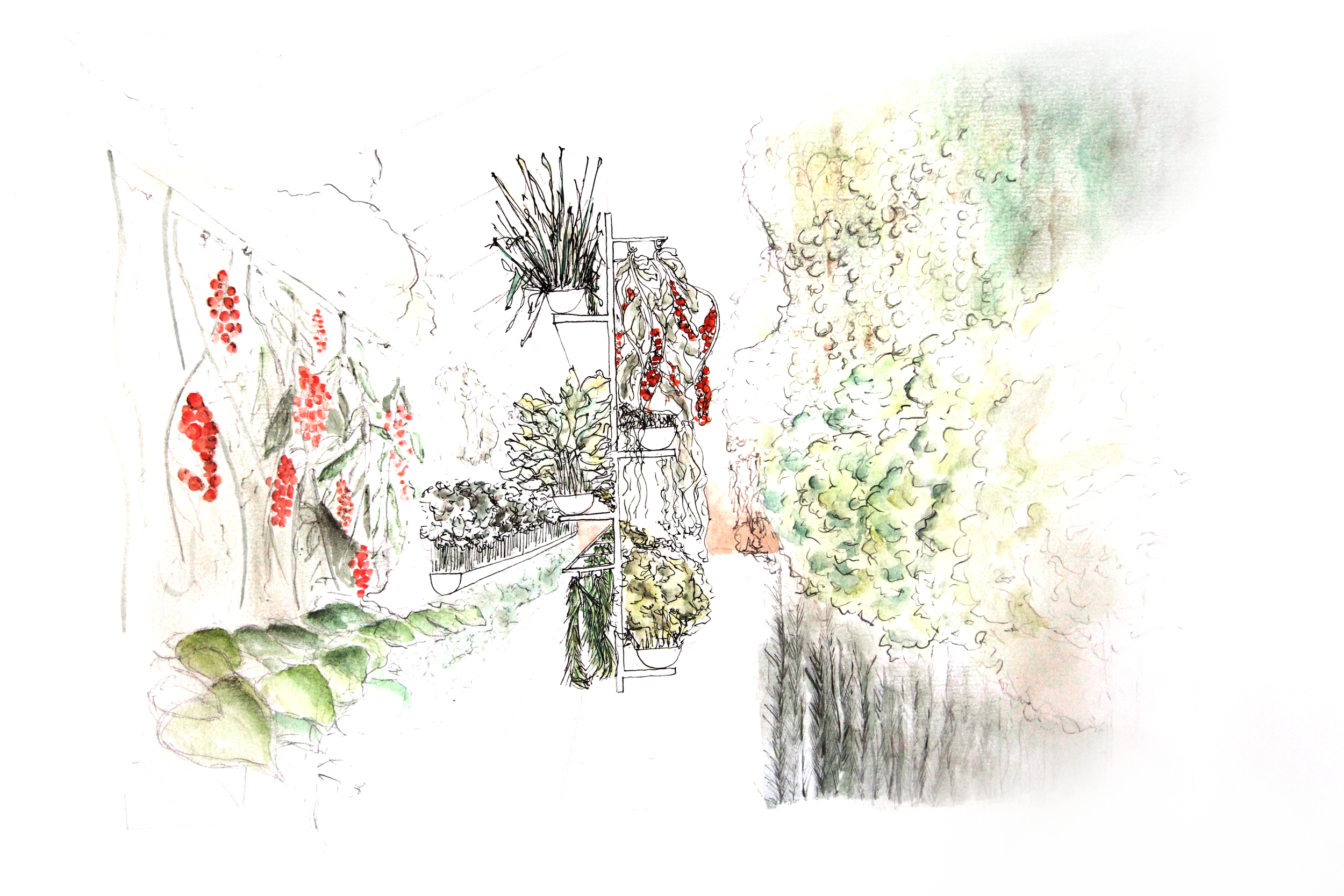
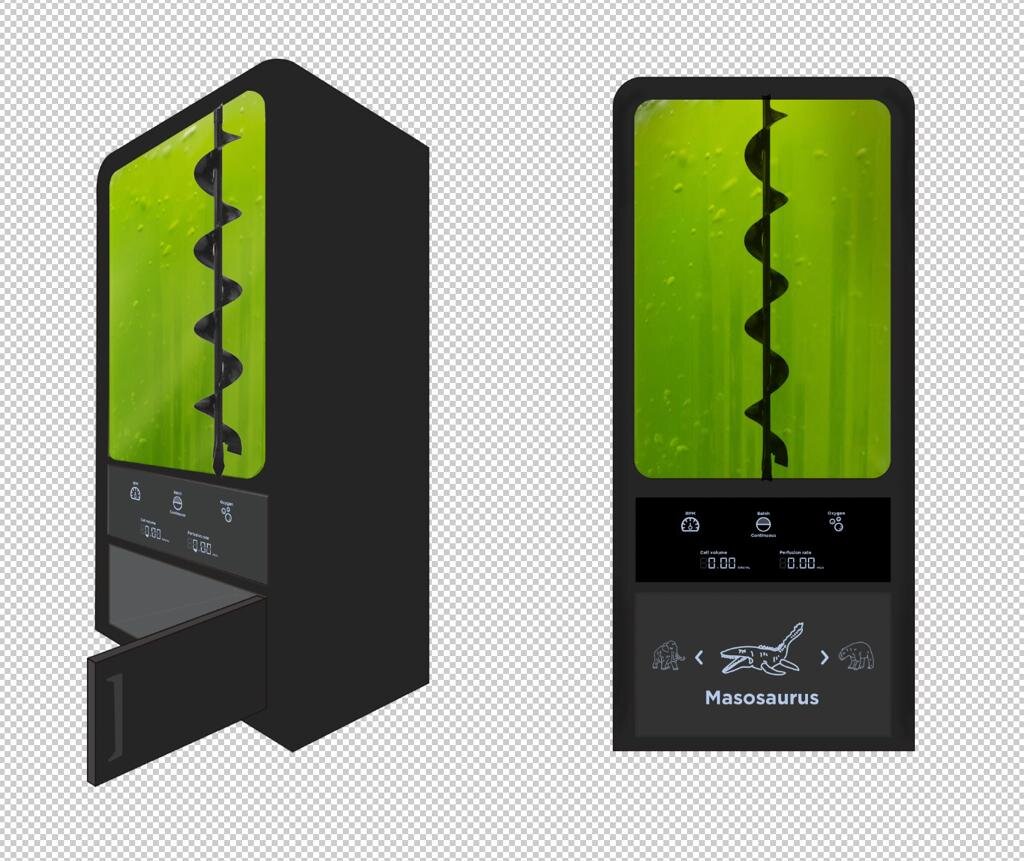

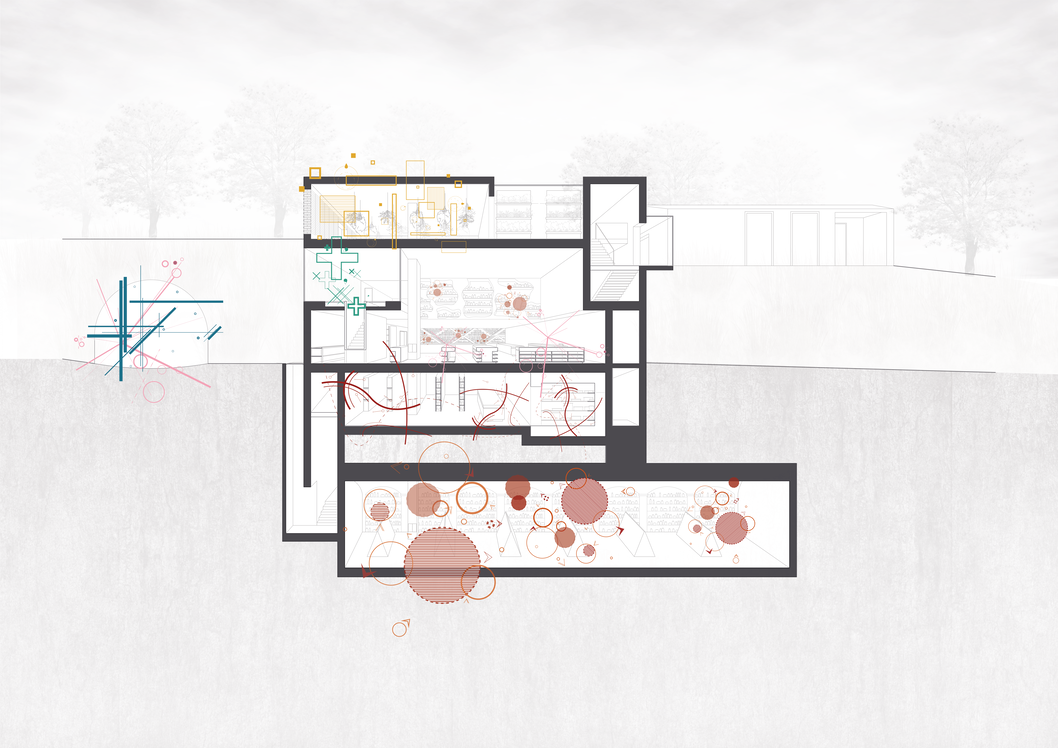
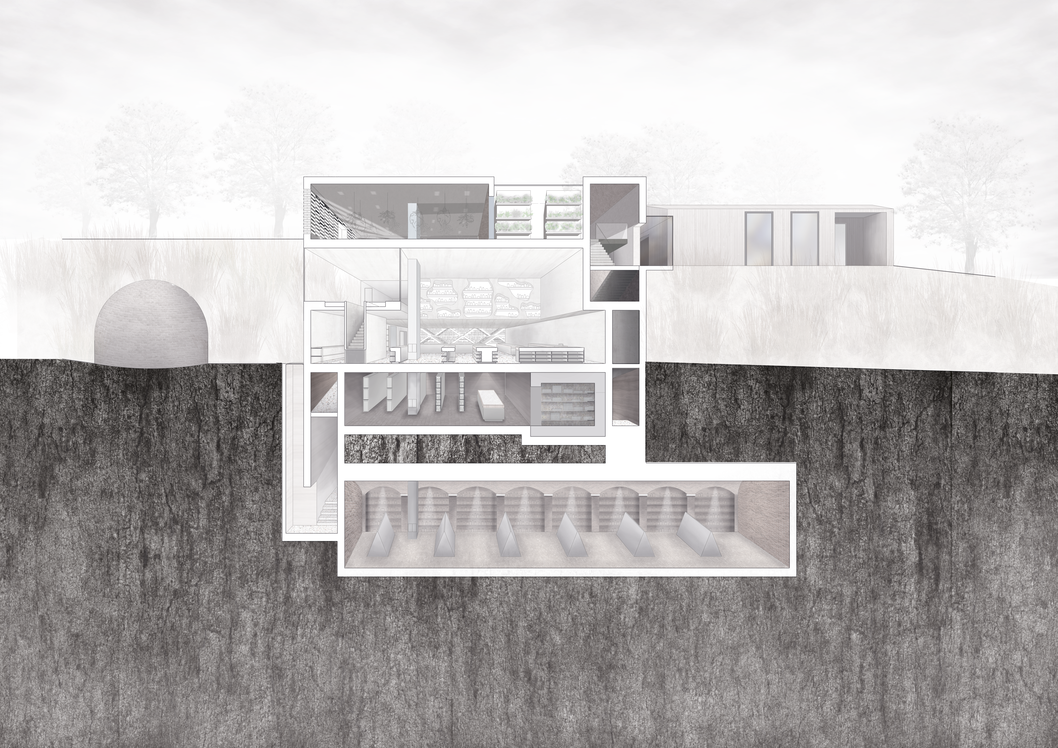

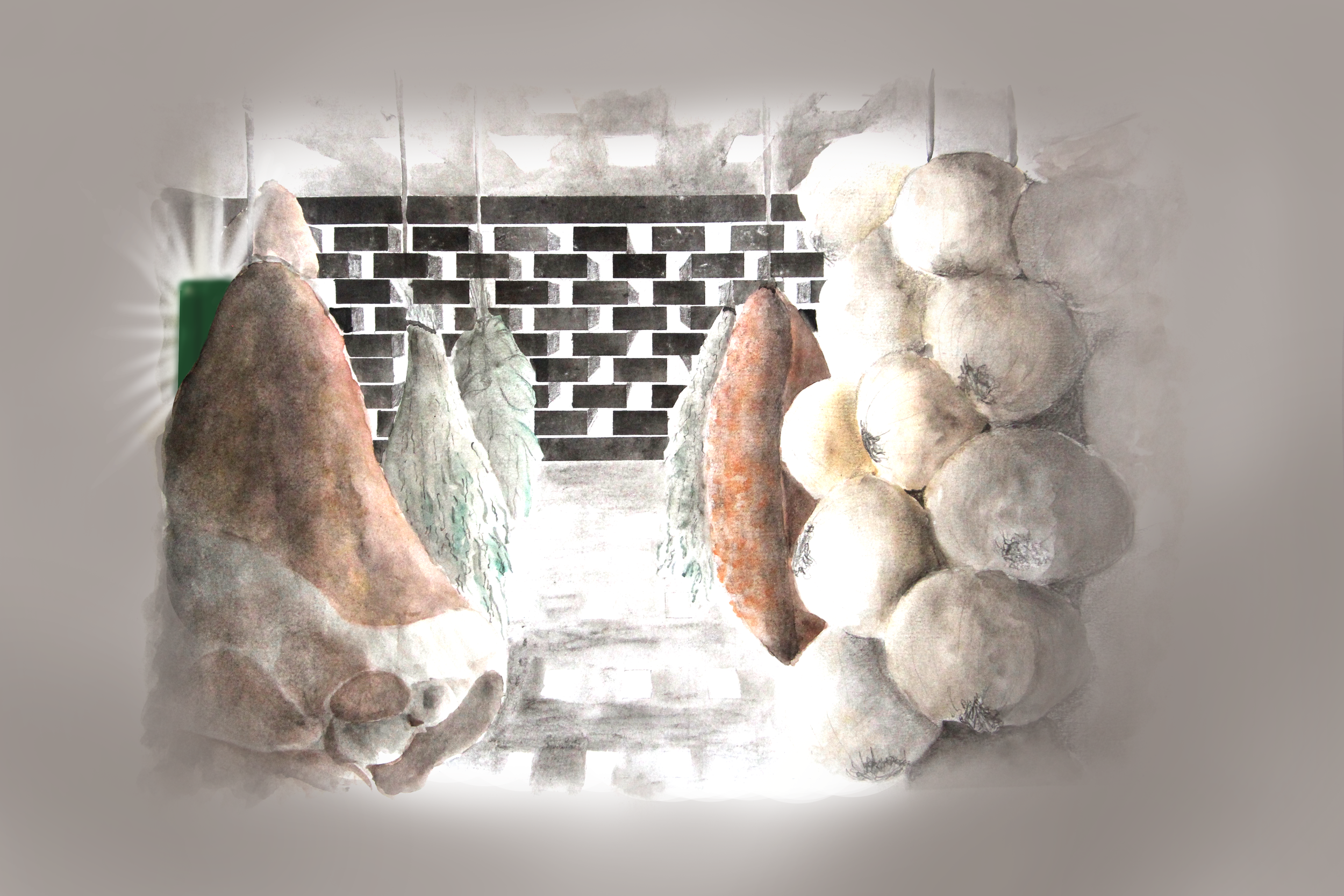
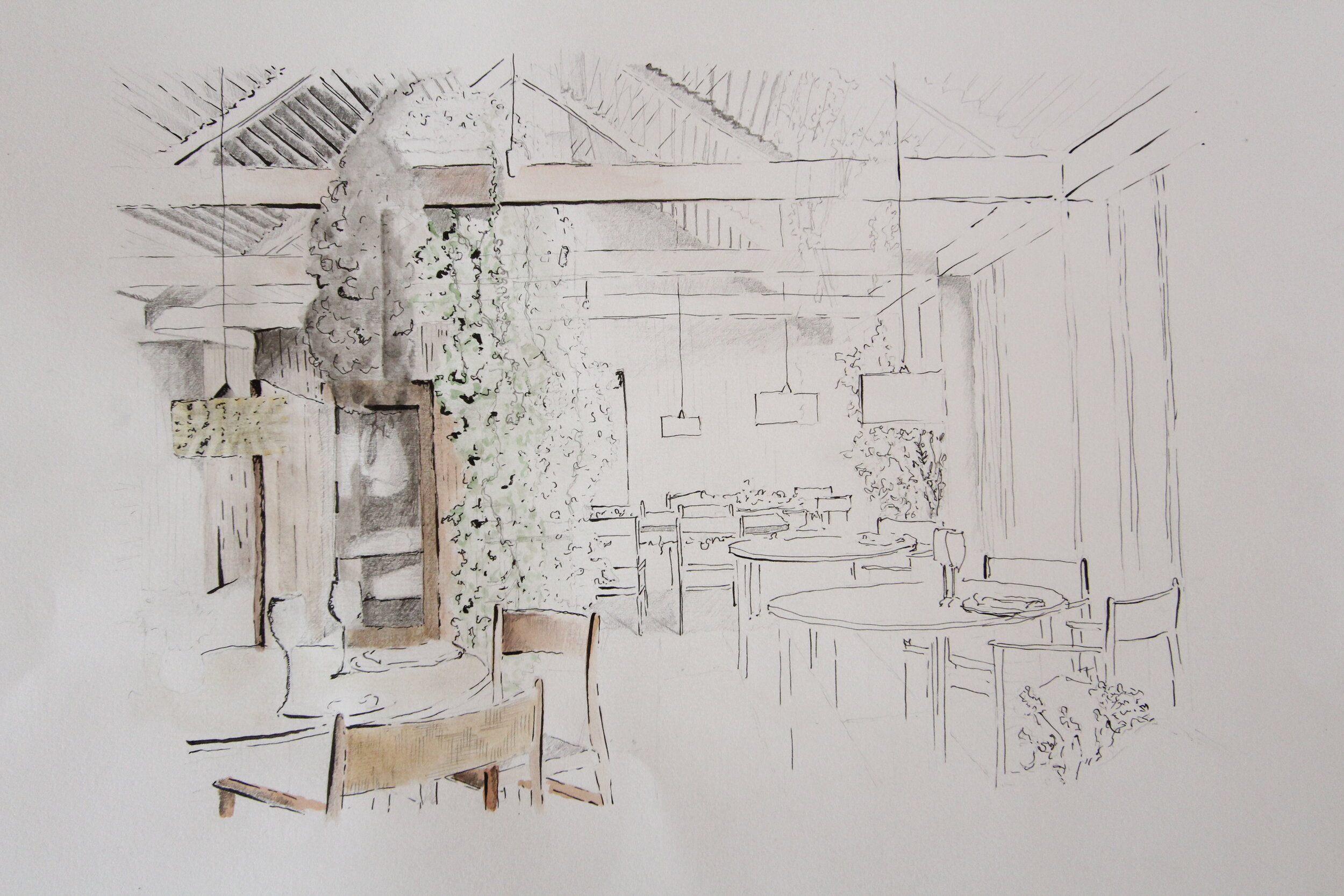
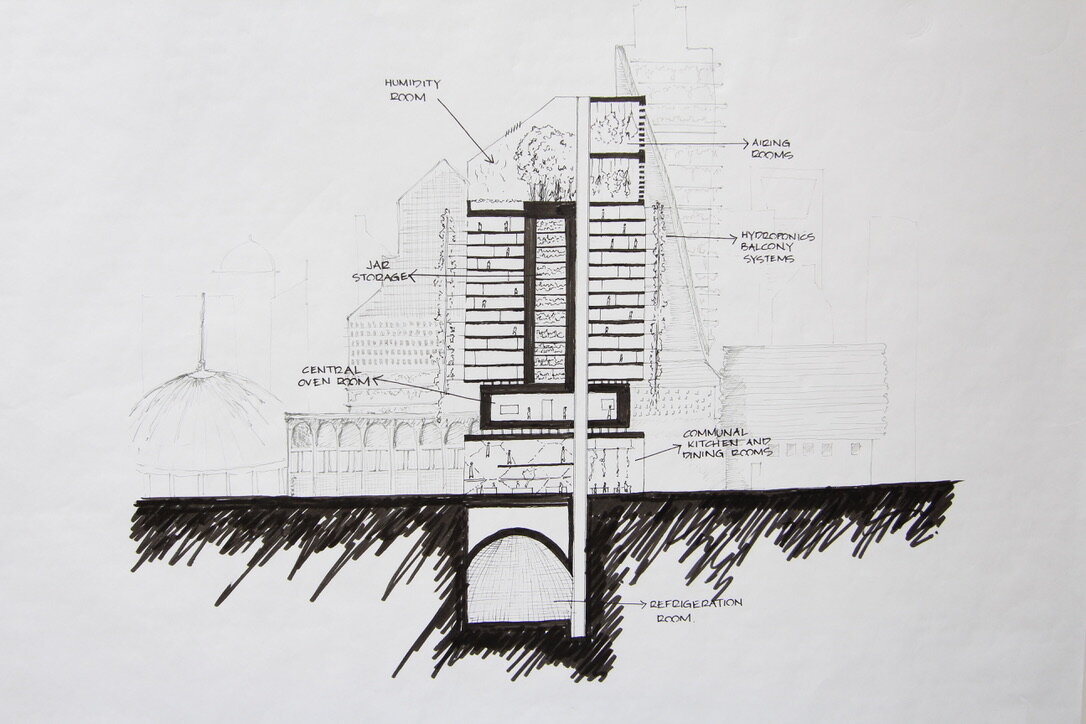
InstructorS
Thora H Arnardottir
Thora H Arnardottir is an experimental biodesigner and researcher with a background in architecture. Her work focuses on how to implement – instead of exploiting – natural systems in our technological environment. This reflection sits at the intersection of design and biological fabrication and is centered on the necessity to design and produce new hybrid assemblages that can contribute to the fostering of ‘relations of care’ with a living medium. Thora is a Ph.D. candidate at Newcastle University in the school of architecture focusing on casting with bacterial biomineralization. She is also a design-led researcher working on the Thinking Soils project, that explores the design potentials of living materials which respond to physical forces in their environment. She co-runs a collective called BioBabes, an experimental research group that works in the in-between spaces of design, science, and biology, focusing on the exploration of biomaterials and design through interactive devices.
Meng Zhang
Dr. Meng Zhang is currently a Senior Lecturer in Biomedical Sciences at Northumbria University with a degree in Biotechnology, Masters degree in Health, Environment and Development at Sunderland University and was awarded an Overseas Research Scholarship by UK Universities to study for a PhD in Proteomics. She has published in a wide range of scientific areas, for example, omics studies on streptococcal pathogens and biocatalysts. Meng is also the R&D manager in Nzomics Biocatalysis, which is a university enterprise in Northumbria and has worked with commercial partners including GSK, Kraft Foods, Almac Sciences, Prozomix, and Hycagen. More recently, Meng has established new multidisciplinary research interest, applying microbial biotechnology in the built environment. She has been Co-I and Co-PI on two EPSRC funded projects Computational Colloids and Thinking Soils. Collaborating with Architects, Synthetic Biologist and Civil Engineers, she has published 8 peer reviewed papers on the related topics since 2014.
Jennifer Wright
Jennifer is a researcher at Newcastle University in Microbial Molecular Biology for Biomaterials. Her PhD was undertaken in the Faculty of Health and Life Sciences at Northumbria University and is near submission. Jennifer is a trained Microbiologist and has a wealth of experience working in microbiology diagnostics, teaching and research laboratories, working with a variety of microrganisms. Her expertise covers a range of areas including molecular biology techniques, microbial cultivation, working with mixed cultures, proteomics methods and working with fermentation systems. She has managed small scale to large scale biomedical science laboratories and been instrumental in project design and running of various teaching modules. She has a multi disciplinary background advising various projects and departments in her areas of expertise. Her current research investigates the activation of urease in the bacterium Bacillus subtilis understanding the molecular importance of the enzyme and the applications of urease producing bacteria.
Martyn Dade-Robertson
Professor Martyn Dade-Robertson is the Reader in Design Computation at Newcastle University where he specialises in Design Computation with a special interest in emerging technologies particularly Synthetic Biology. Martyn is the Co-Director or the HBBE and has degrees in Architectural Design, Architectural Computation and Synthetic Biology and is the author of over 30 peer reviewed publications including the book: The Architecture of Information published by Routledge in 2011. He is currently the editor for the forthcoming Routledge book series on Bio Design and will be completing the first book ‘Living Construction’ for publication in 2020.
Ben Bridgens
Dr Ben Bridgens is a Lecturer in Architectural Technology in the School of Architecture, Planning & Landscape at Newcastle University. His research focuses on the role of materials in design, making and experience. Collaborations with product designers, artists and architects have enabled him to apply technical expertise in material testing, modelling and characterisation, material ageing, responsive materials and lightweight tensile structures to broader questions of sustainable design, consumption and the circular economy. Recent project include: NUFEB – Newcastle University Frontiers in Engineering Biology, ENDURE – ENabling Designers to Understand mateRial changE and development of wood based responsive materials. His research is informed by five years working at Arup where he carried out concept to detailed structural design of a wide range of structures including the National Tennis Centre Reception Building (London) and an innovative cow shed and gained Chartered Civil Engineer status.
John Allan
John Allan has a molecular microbiology background, coming from an undergraduate degree in Microbiology from the University of Dundee where he started a continued involvement in the iGEM competition. Interest in synthetic biology led John to pursue a PhD under the supervision of Prof Frank Sargent, completed at Newcastle University. His PhD involved the design and development of novel synthetic regulatory mechanisms in E. coli. John is now working on the HBBE project in Prof Gary Black’s group on the Building Metabolism theme.
Joshua Loh
Joshua Loh is interested in sustainable biotechnology. For his undergraduate degree, he studied BSc Biochemistry at the University of Wolverhampton and worked on antimicrobial bacterial cellulose as a dissertation project with Prof Radecka. For his PhD, he explored the pathway for alkane biosynthesis in the fungus Ascocoryne sarcoides and was supervised by Dr Howard at Newcastle University. Joshua is currently a PDRA at Northumbria University. His research focuses on functionalizing bacterial cellulose for the built environment. This includes material characterisation and engineering patterns, shapes and material specification in bacterial cellulose.





